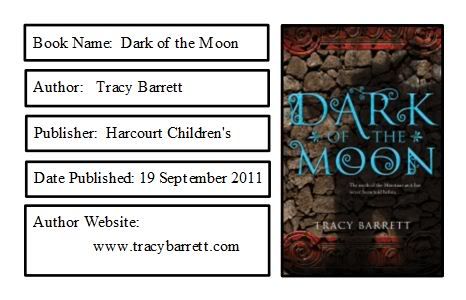
Ariadne is destined to become a goddess of the moon. She leads a lonely life, filled with hours of rigorous training by stern priestesses. Her former friends no longer dare to look at her, much less speak to her. All that she has left are her mother and her beloved, misshapen brother Asterion, who must be held captive below the palace for his own safety.
So when a ship arrives one spring day, bearing a tribute of slaves from Athens, Ariadne sneaks out to meet it. These newcomers don’t know the ways of Krete; perhaps they won’t be afraid of a girl who will someday be a powerful goddess. And indeed she meets Theseus, the son of the king of Athens. Ariadne finds herself drawn to the newcomer, and soon they form a friendship—one that could perhaps become something more.
Yet Theseus is doomed to die as an offering to the Minotaur, that monster beneath the palace—unless he can kill the beast first. And that "monster" is Ariadne’s brother . . .
This retelling of Theseus and the Minotaur in the Labyrinth is an interesting take on bringing the story to life. Theseus is the life of this book. I liked the description of how he came to meet his father and how the court twists his tale into a great heroic adventure. The need to get rid of him is also well done, and his character follows logically as someone who is more analytical then physical. Ariadne is an interesting character. Her longing for and yet fear of her future creates an interesting duplicity that helps to bring the character to life. Barrett well portrays her solitary position in the palace and why she might go looking for companionship amongst slaves. I really liked how Ariadne and Theseus don’t have a romantic relationship, as it made it easier for me to like Theseus since I knew that he ends up marrying Ariadne’s sister. Ariadne’s mother, She-Who-is-Goddess, is well portrayed as a woman with much religious power as well as being a Queen of her lands. My major problem with this book, though, is this religion. Like many of the “moon goddess” religions it seems scantily sketched out, stale and yet full of holes that are explained by calling them “mysteries”. The religion is such a heavy plot driver in many points, so its shallowness can make the plot seem contrived and, in places, slow. In fact, I think this whole book reads rather slow, like a history rather than an adventure story. I don’t know how, but it needs more life injected into it. Perhaps it is that the adventurous roles in Barrett’s books are held by the lead men and I just don’t connect with the male characters enough to get the thrill and excitement. Or perhaps it is just that I need to stop reading Barrett’s books, as they clearly aren’t for me and this second try at her work had the same result.


No comments:
Post a Comment